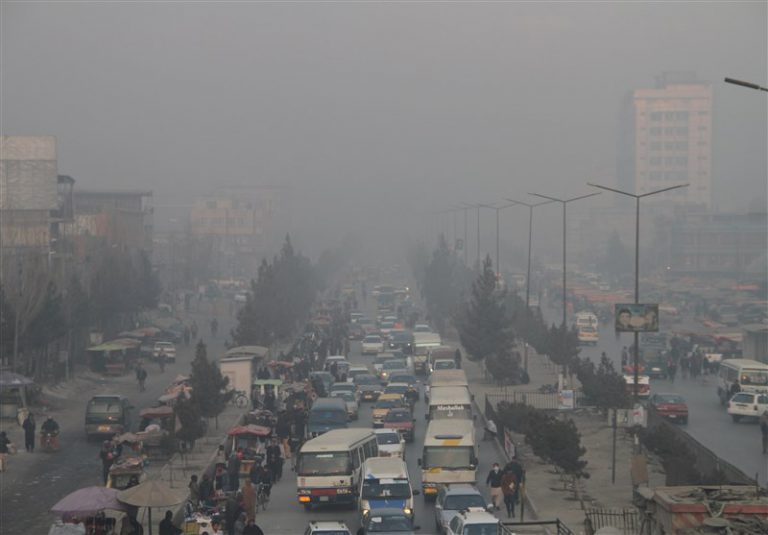RASC News Agency: The Taliban’s Meteorological Department, operating under the Ministry of Transport and Aviation, announced on Monday, December 23, that Kabul has been ranked as the most polluted capital in the world. According to the department, nearly 86% of Kabul’s air is severely contaminated, prompting authorities to advise residents to remain indoors. The department warned that the polluted air poses serious health risks, particularly to children and the elderly. Officials strongly recommended that citizens avoid leaving their homes and, if necessary, ensure they wear masks while outdoors. Additionally, the department noted that Kabul is unlikely to experience snow or rain in the near future, which could have alleviated the worsening pollution levels.
Each year, as winter approaches, Kabul faces a dramatic increase in air pollution, resulting in a surge in respiratory and other health-related issues. Air pollution has long been identified as a significant contributor to severe health conditions, exacerbating pre-existing illnesses and triggering new health complications. The adverse effects of polluted air are especially pronounced in individuals with chronic health conditions, although the general population is also at risk. Prolonged exposure to polluted air damages the cardiovascular system, increasing inflammation, elevating blood pressure, and fostering blood clot formation, thereby significantly raising the risk of heart disease and strokes. These impacts are particularly hazardous for those with pre-existing cardiovascular issues.
Despite the alarming statistics and health consequences, efforts to mitigate Kabul’s air pollution remain insufficient. Residents continue to endure the hazardous effects of this environmental crisis, which demands urgent and comprehensive action.






